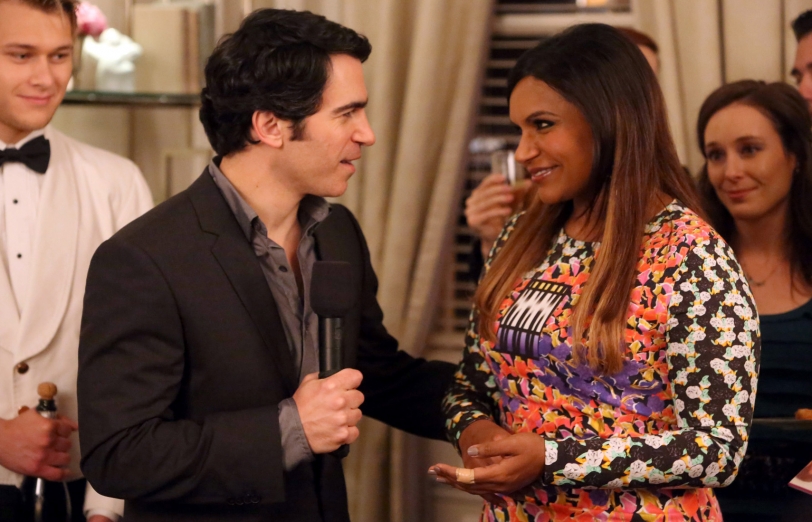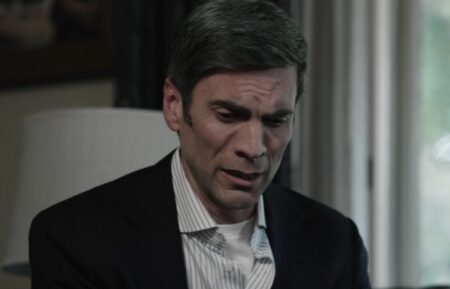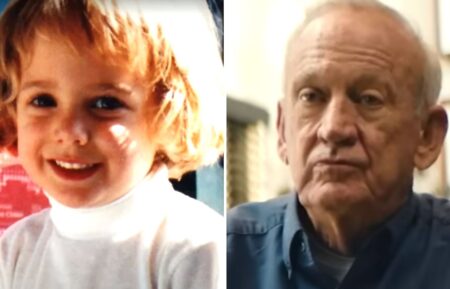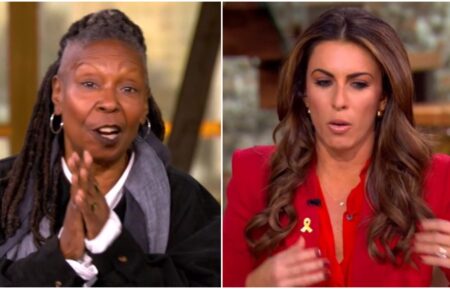What Happens in the Writers’ Room When a Show Goes Streaming?

For TV writers, rules aren’t always meant to be broken. Streaming outlets like Netflix, Amazon, and Hulu offer platforms free from network rules: Swearing is fine, program length doesn’t matter, and commercial breaks aren’t usually an issue. But even as more shows made for broadcast shift to streaming, producers are resisting the urge to shake things up too much.
“I think it’s a rookie mistake to think that you can do anything, so why don’t you?” says The Mindy Project star and executive producer Mindy Kaling, whose comedy was picked up for 26 episodes by Hulu after Fox canceled it in May.
“You should never move things more than 5 percent.” Adds executive producer Matt Warburton, “We want it to feel like the show we’ve always done.”
Other series that went to streaming media after first airing on (or being developed for) network TV include Community (from NBC to Yahoo! Screen), Longmire (A&E to Netflix), The Killing (AMC to Netflix), and Unbreakable Kimmy Schmidt, which was made for NBC but sold to Netflix before it premiered. In moving to streaming media, producers—most of whom usually complain about too many network notes—suddenly find themselves virtually free of guidelines in terms of tone, content, or length. (Kaling admits she’s having to adjust to the idea of doing her show with little executive input. “I like feedback,” she says.)

Most of Kimmy Schmidt‘s first season was written and filmed under the assumption that it would air on NBC. Now, as producers Robert Carlock and Tina Fey are writing Season 2, they aren’t planning to change much. “We created something that we really like and are proud of. The thing we’re most concerned about is not falling prey to the temptation of, ‘Oh, now we can do certain things,’ which might take the show away from its identity,” Carlock says. “It will be interesting to find places where we do push it a little more or play with the permissiveness of streaming. But I don’t think those things are necessarily going to be obvious.”
Carlock notes that Kimmy Schmidt revolves around a character with a childlike innocence, so adding some cable-like edge might be jarring to viewers. He and Fey have also heard from parents who watch the comedy with their kids. “That wasn’t an audience we expected, but it’s a great one to have, and we don’t want to change that either,” he says. “Not being able to swear makes you sit down and write real jokes. It’s easy to think you’ve got a laugh from dropping an F-bomb.”

That’s not to say they didn’t consider dropping one or two. As the cast was shooting one of the final Season 1 episodes, Carlock and Fey secretly knew of the negotiations to move the show to Netflix. Fey, guest starring as incompetent prosecutor Marcia, uttered a swear word under her breath. “We thought if this Netflix deal happens, we’ll have a conversation about whether to use it,” Carlock says. Ultimately, they kept the curse out.
Community similarly stuck mostly to its content standards in its first season on Yahoo!–except for the finale, when Dean Pelton (Jim Rash) and Britta (Gillian Jacobs) both uttered the F-word. “It was unintentional,” executive producer Dan Harmon says. “The one that Jim did was ad-libbed. As soon as he said it, the entire cast started laughing, but I edited around them. As for Gillian’s, I should have bleeped it. It’s weird to have two ‘f—s.'”
On The Mindy Project, Kaling and Warburton admit they might now be tempted to stick in a saucy word. “Our staff’s favorite swear word is t-ts,” Warburton says. “We’ve always wanted to use that word. We’ll have to have a conversation about it. Of course, it would be sad if that’s the only innovation we ponder.”
Sitcoms making the shift to streaming are also mostly sticking to the typical three-act structure, even though commercials drive that formula on regular TV. “I think in good writing, if your story makes sense and has shape, there are natural act breaks in it,” Carlock says. “These things exist for a reason.”
But the 21-minute broadcast-TV comedy typically feels tight. Streaming lacks a time limitation, and producers are adding several minutes to their episodes. “The lack of a really strict clock at Yahoo! allowed for something I think the show needed in order for it to continue to feel healthy—a certain randomness,” Harmon says. “The stories didn’t resolve the way you always thought they might. There are these strange slingshots around the sun.”
The challenge, however, is not to indulge in the freedom from time constraints. “We want it to be lean and mean,” Kaling says. When Kimmy‘s Netflix deal went through, Carlock and Fey restored some of their original cuts, bringing most episodes from 21 minutes to about 25. “I’ve never worked on an episode that wasn’t better shorter, but I also can’t think of too many episodes that were at their best at 21 minutes,” Carlock says. “[Expanding episodes] was very liberating.”
And with the knowledge that viewers typically stream multiple episodes back-to-back, producers feel more comfortable setting up jokes early in the run to pay off in later episodes. Carlock says he hopes to plant seeds at the beginning of Season 2 about Christmas and have a big payoff when Kimmy eventually celebrates the holiday. “That’s a new level of headache,” he says, “but a wonderful thing to play with.”






